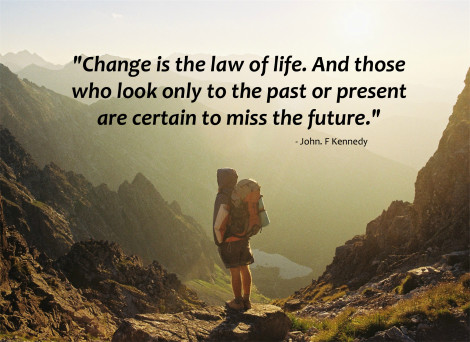
We thought it was about time to set the record straight and debunk the most common copyright law myths.
The meaning of the copyright symbol ©
Myth: If no copyright symbol © is present then I can use the material.

Reality: This is not the case! Around the world, the copyright symbol is a unique identifier that material is copyrighted, however, in Australia, the symbol itself does not need to be present for protection to exist. Every piece of creative material is protected, regardless of whether the copyright © symbol appears on the work since copyright protection in Australia is automatic as soon as the written or artistic work has been created. There is no need to register or apply for copyright protection. The only requirement is that the work is in a material form or documented in some way. For example, saved to a CD or a handwritten score. The work does not need to be published to be protected by copyright law and it does not need to be considered ‘good quality’.
I have a great concept that no one can copy because copyright law protects my ideas
Myth: Copyright law protects all types of creativity, including ideas.

Reality: Unfortunately, copyright laws do not protect ideas themselves, only the expression of ideas. That is, the way something is written, the way something sounds and the way something looks. So, if you have an idea for a new cookbook that could be a bestseller, whatever you do, don’t tell anyone about it – just start writing!
I only replicated a small portion of the work, so it is not considered a copyright infringement
Myth: You can copy another person’s work, provided you only use less than 10% of it.
Reality: There is no magic number. The test is whether a substantial or integral part of the work has been copied. In practice, this can boil down to even a few bars of music.
Prior to the release of his hit song, ‘Somebody That I Used To Know’ in 2011 Wally De Backer (aka Gotye) sought a music licence which provided that all royalties would be split 55/45 with the estate of the deceased musician, Luiz Bonfa.
Listen to the first 5 seconds, of Bonfa’s track ‘Seville’ and the introduction to Gotye’s song below to hear why:
https://www.youtube.com/watch?v=QpYsxwD4Uc0
Although these few seconds cost Gotye millions of dollars in royalties, the licence that granted him permission to do so saved him an ugly copyright lawsuit, millions of dollars in damages and legal fees as well as a damaged reputation.
Whether it’s a guitar hook, two bars of music, or a sampled design, always seek permission from the copyright owner before using any material that you did not create.
If it is published on the internet, then I can copy it
Myth: The internet is a public domain. Anyone who publishes information or content online has waived their copyright ownership.

Reality: Using the internet as a platform to publish creative work does not diminish an author’s or creator’s copyright protection. Regardless of whether work is published on the internet or in a library book, copyright protection still exists. Check for guidelines on how you can use content on a website in the Terms & Conditions. This will also tell you whether any copyright protections have been waived.
I’m going to film a parody of Guy Sebastian’s latest song on Bondi – it’ll be fine because it’s funny and everyone does this sort of thing
Myth: It’s not Copyright infringement if I’m doing it for entertainment purposes.

Reality: Although there are a number of defences that make provision for the use of certain material, these defences are limited. If the work has been used for the purposes of research or study, to report the news, to critique a work or to create a parody, or if the work is being used in a private, domestic context it may fall under ‘fair dealing’ exceptions.
If you wish to copy part of a book for the purpose of critiquing it (a valid defence under copyright law), your use must be a fair dealing and you must credit the author. This means that if there is no need to copy the entire book, and if you could use only small parts of the book to achieve the same purpose, a court may find you engaged in an unfair dealing and you may be liable for copyright infringement.
The Wrap
All in all, it’s important to be wary of what you read on the internet. Remember to follow Gotye’s lead and always err on the side of safety lest you infringe the creative rights of another person.
When it comes to copyright law, it is much easier to seek permission than to ask for forgiveness.
What common copyright myths have you stumbled across on the internet? Think we’ve missed anything? Let us know in the comments!
 Agree? Get informed about legal change that impacts you with our newsletter. You'll automatically receive fresh content each time we publish.
Agree? Get informed about legal change that impacts you with our newsletter. You'll automatically receive fresh content each time we publish.